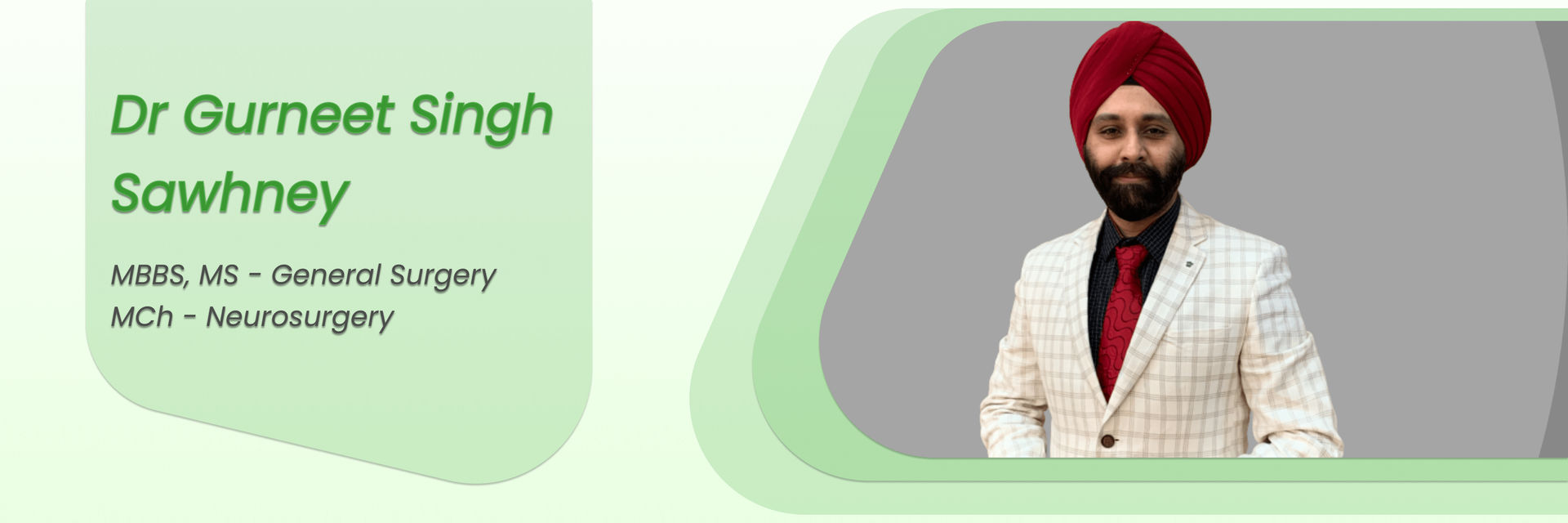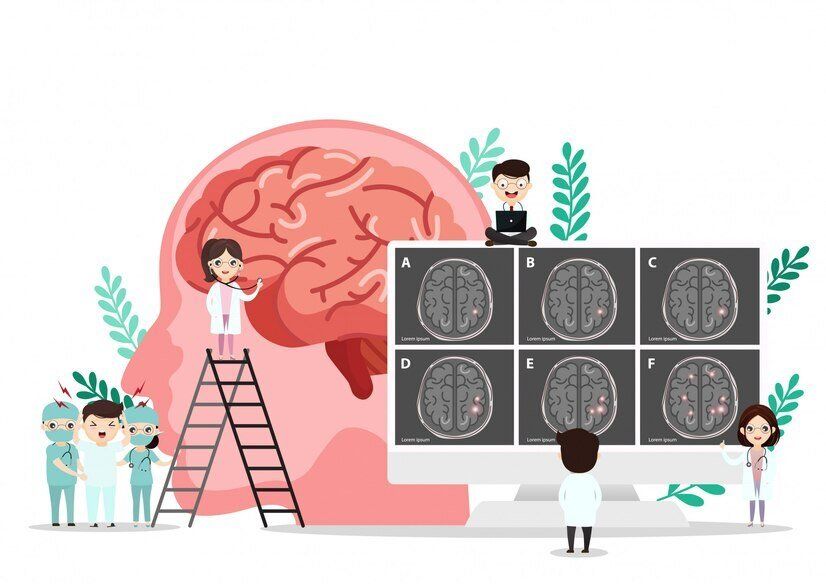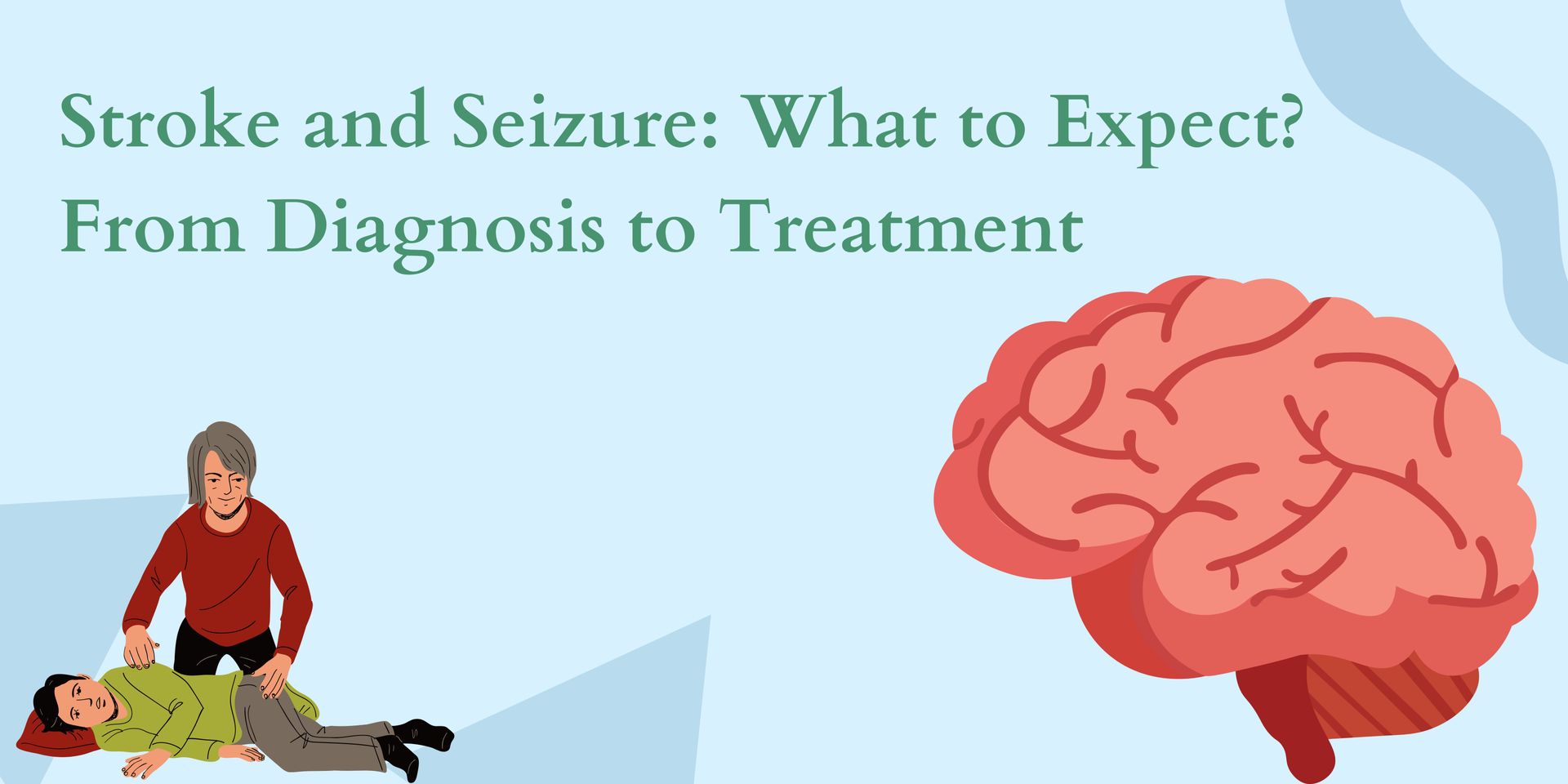Introduction
Multiple sclerosis is a disabling as well as a chronic disease that occurs in the central nervous system. It occurs because the immune system attacks the covering of the nerve fibers, creating issues in communication between the world and the brain. While there are conventional treatments for multiple sclerosis, such as disease-modifying drugs, steroids, and symptom-relieving medicines, they have their drawbacks. Connect with a reputable medical professional to gain in-depth information about the topic.
Stem Cell Research has, in recent times, introduced new avenues of hope, promising relief to patients for whom conventional therapy has not proved helpful. Stem cell therapy is gaining popularity for its potential to reboot the immune system and prevent the development of MS. With increasing concern over stem cell storage and preservation, people are now choosing this newer type of therapy.
What is Autologous Hematopoietic Stem Cell Transplantation
Autologous Hematopoietic Stem Cell Transplantation (AHSCT) is a form of stem cell therapy in which a patient's stem cells are utilized to restart their immune system. It includes removal of the patient's hematopoietic (blood-making) stem cells, followed by high-dose chemotherapy to destroy the defective immune cells. Then the banked stem cells are returned to the body to build a new, hopefully inflammation-free immune system. AHSCT is effective in patients with highly active relapsing MS disease who have failed to respond to other medications. The procedure is complicated, but with continuous Stem Cell Research and advancements in stem cell preservation, it is becoming more available.

Mechanism Of HSCT In MS
HSCT does this by rebooting the immune system, as it were. In multiple sclerosis, the immune system assaults the nervous system like an enemy. The high-dose chemotherapy employed in HSCT kills the defective immune cells that cause this. Then, upon the re-infusion of stem cells, these assist in the development of a new immune system that will not destroy the nervous system. Not only is this treatment a betterment from the symptoms of MS disease, but it also retards or even stops its progression. The focus of immune system regeneration, as opposed to mere suppression, sets stem cell therapy apart from other multiple sclerosis treatments.
Evidence From Clinical Studies
Clinical studies have yielded promising data in favor of the effectiveness of AHSCT as a treatment for multiple sclerosis. Many have shown that AHSCT reduces relapse by an appreciable degree and enhances disability levels among relapsing-remitting MS patients.
For example, studies in peer-reviewed medical publications highlight that in most patients, no new disease activity was observed for several years after undergoing the procedure. These results are a galaxy away from those of many multiple sclerosis therapies. In addition, advances in Stem Cell Research have resulted in less dangerous transplant protocols as well as improved outcomes, rendering the procedure safer than ever before.

Eligibility Of The Patient
Not everyone with MS can be treated with AHSCT. The treatment is best performed in relapsing-remitting MS and active inflammation that has not shown a response to standard multiple sclerosis drugs. Age, overall health, disease duration and severity, and other factors also come into play. Even those with progressive forms of MS might not respond so well since the larger degree of harm that has already been done to the nervous system will limit the effectiveness of the therapy. Widespread screening needs to initially establish if stem cell therapy is appropriate. As stem cell storage becomes increasingly prevalent, planning can result in greater future access for young patients. If it is not possible to visit the clinic, patients can book a doctor appointment and get access to world-class medical services through our platform in just minutes.
Stem Cell Therapy Entire Process
The AHSCT treatment process is subdivided into several stages. Mobilization is the first stage, where medication provokes the release of stem cells from the bone marrow into the bloodstream. These stem cells are collected and saved, emphasizing the significance of sophisticated stem cell storage devices. Subsequently, the patients receive conditioning, which is a period of high-dose chemotherapy to destroy the faulty immune system. The saved stem cells are then replaced in the patient, finally to reconstitute the immune system. The whole cycle may take a number of weeks, and under close observation, usually in a health unit that is well-equipped for this kind of therapy.
Benefits vs Risks Of The Treatment
| Benefits | Risks |
| 1) Significant reductions in MS symptoms | 1) Risk of serious infections |
| 2) Fewer relapses and disease progression halts | 2) Potential for orgran damage due to chemotherapy |
| 3) Improved mobility and physical function | 3) Treatment related mortality in rare case |
| 4) Enhanced overall quality of life | 4) Weakened immune system post-transplant |
| 5) Long lasting results compared to traditional sclerosis treatment | 5) Requires hospitralization and intense medical monitoring |
Follow-up & Post-Transplant Care
Following transplant, patients need to be followed closely and provided post-transplant care. This includes repeated check-ups with a doctor, MRI scanning, and blood work to track healing of the immune system, as well as to rule out complications. Physical rehabilitation is usually required in an attempt to rebuild strength and mobility. As the immune system is already compromised, patients are to be protected from infections and are obligated to adhere to strict hygiene measures. As stem cell therapy gains popularity, the healthcare systems are incorporating specialized post-treatment procedures to yield long-term success and prevent the likelihood of relapse.
Alternative Options For Stem Cell Therapy
Although AHSCT is the most studied stem cell treatment for MS, other alternatives are on the horizon. Mesenchymal stem cells (MSCs) derived from bone marrow or fat are being researched for their ability to repair damaged nerve tissue and have immune-modulating effects. These modalities are less intensive than AHSCT and would be a solution for those not candidates for aggressive chemotherapy. With advances in Stem Cell Research, newer therapies with the potential to complement both the advantages of immune modulation and tissue repair become viable.

Cost Of The Treatment
AHSCT is costly and varies from country to country and center to center. In countries where medical treatment is comparatively cheap, e.g., India, the cost of the whole process can range between ₹15 to ₹25 lakhs. These cover pre-treatment tests, stem cell harvest, chemotherapy, hospitalization, and post-transplantation. Stem cell storage and stem cell preservation account for the majority of the cost.
Insurance tends not to cover experimental procedures such as AHSCT, yet increased awareness of its efficacy is pushing providers to include it in more and more policies. Being aware of the cost of stem cell preservation and the cost of stem cell storage before time will enable patients to plan appropriately.
Summary
Stem cell therapy, and more so AHSCT, is being projected to become an immensely promising treatment for those suffering from aggressive or resistant multiple sclerosis. Although it is not a cure, it can lead to long-term remission and a groundbreaking improvement in the quality of life.
With increased funding for Stem Cell Research, improved techniques for storing stem cells, and improved knowledge of the role of the immune system in MS, the prospects are very bright. For those with little choice in mainstream treatment for multiple sclerosis, AHSCT offers an avenue to hope and rehabilitation.






